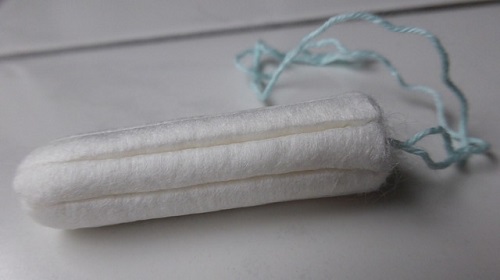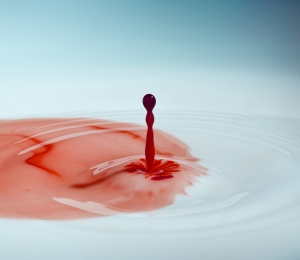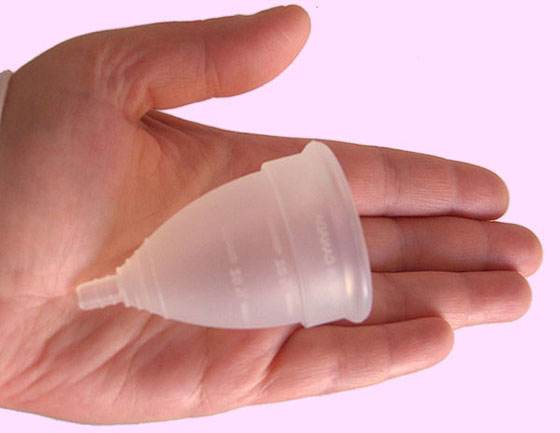Do you think that depression is affecting your menstrual cycle? If this is the case you should know that you are not alone as it is a common condition that many women have to deal with. Aside from that, you will be pleased to know that you have nothing to worry about it because the depression and associated symptoms usually disappears when menstruation ends. Keep reading below to know more about depression and menstrual cycle.
First, let’s look at the causes of depression.
The main one is because of the hormonal changes which take place inside the body during this period. When you are menstruating, your estrogen levels will increase and your progesterone levels will decrease. The increase in estrogen hormone will lower your blood sugar levels and cause you to feel depressed. In contrast, a decrease in your progesterone hormone will lower your serotonin levels, the hormone that controls a person’s moods, and this will lead to depression. The condition will worsen if your body is going through all of these changes and you are not maintaining a proper diet that is lacking adequate amounts of carbohydrates and calcium.
Now, here are some of the symptoms that you could experience.
If you are feeling depressed before your periods, you could experience many symptoms such as restlessness, changes in appetite & sleeping pattern, mood swings, irritability, lack of concentration, fatigue, amongst others. The mild depression symptoms are referred to medically as Premenstrual Syndrome or PMS. If you are experiencing severe depression during periods and have developed suicidal tendencies, then you could be suffering from a serious condition called Premenstrual Dysphoric Disorder or PMDD.
Treatment for Depression and Menstrual Cycle
There are many preventive measures that you can take if you have mild depression symptoms. This includes maintaining a balanced diet that is rich in carbohydrates and calcium, avoiding caffeine completely before your periods and doing exercises every day. You could also do stress management techniques which includes deep breathing exercises and meditation to help with depression.
If you have PMDD and severe depression you need to get medical help immediately. Your doctor can prescribe treatments which are best suited for your body. In addition to getting medical treatment, you can supplement your diet with mood enhancing food items that will fight against depression. This includes foods which supply rich sources of calcium, carbohydrates, magnesium and Vitamin B-6.
On a whole, it’s estimated that up to three-fourths of every woman experience depression symptoms at some point in their life. So, you don’t have to be too concerned about depression and menstrual cycle problems if they are not severe enough to affect your life. You can start to make the simple changes now to your diet and lifestyle to control the condition.



